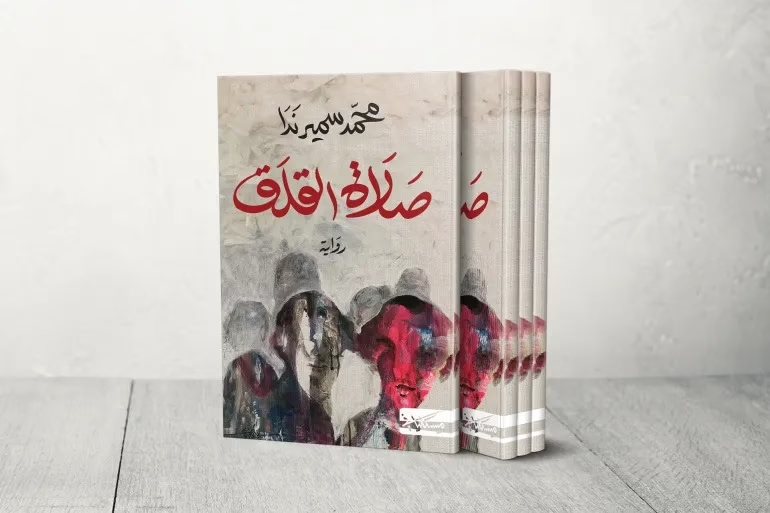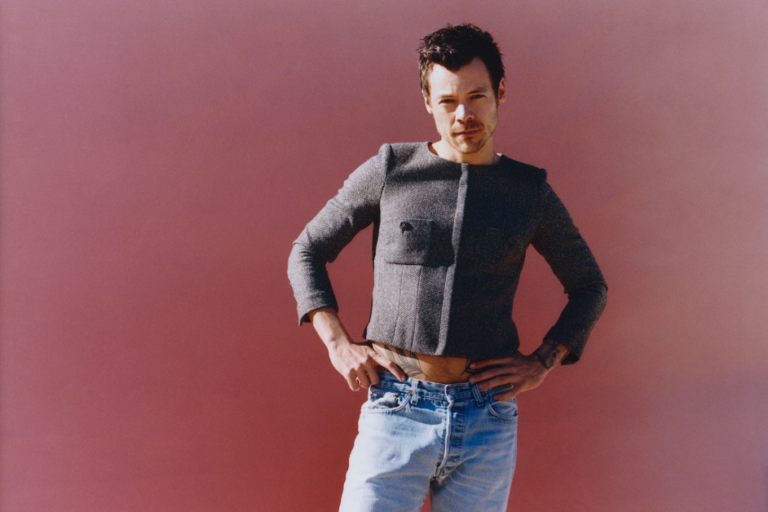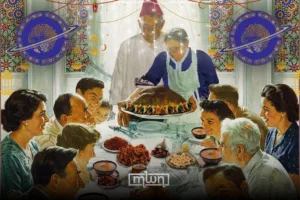If history is written by victors, this Egyptian novel is a dispatch from the eternally defeated.
Fez– In a year thick with noise, one novel whispered, and it was heard. “Salat Al-Qalaq” (Prayer of Anxiety), the third novel by Egyptian writer Mohamed Samir Nada, just clinched the 18th International Prize for Arabic Fiction.
A surreal and unsettling tale that collides fantasy with historical trauma, the book reimagines the aftermath of the 1967 defeat, not as a past event, but as an ongoing fever dream.
Set in 1977 in the fictional Upper Egyptian village of “Nag‘ al-Manasi”, Nada’s story kicks off with a mysterious explosion.
The villagers, already trapped in an illusion that the war with Israel never ended, are pushed further into paranoia. Believing their village is surrounded by minefields, they live in self-imposed isolation, a potent metaphor for mental siege.
This is not a war novel. It’s a story about memory hijacking, and how entire communities can be programmed to live in a reality sculpted by fear and fantasy.
Nada’s writing is daring. The novel weaves together eight distinct narrative voices, a structural feat that demands literary precision.
Instead of simply varying dialects or styles, he differentiated them through ideology and perception, creating a mosaic of conflicting truths. “It was a gamble,” he admits, “but the reader I imagined is patient, someone ready for complexity.”
The book doesn’t just reference historical loss, it interrogates it. Nada challenges the idea that the 1967 defeat was merely a rupture.
He sees it as the ultimate confirmation of the 1948 catastrophe (Nakba), an endless wound that never had a chance to scar. “The Nakba didn’t get re-opened. It never closed,” he says. “And the Naksa only hammered it in.”
Stylistically, “Salat Al-Qalaq” is infused with the spirit of Orwell, but also flirts with the surrealism of Kafka and Saramago.
The novel opens with a line that instantly sets the tone: “Sheikh Ayyoub al-Mansi woke up that morning and could not find his head between his shoulders.”
The absurd is never far from the real, and in this universe, that’s the point.
Even Abdel Halim Hafez shows up, not as a cameo, but as a symbol. His voice, says Nada, embodied the Nasserist dream, and his death marked the fading of that dream’s illusion.
Described by jury chair Mona Baker as a “poetic and multi-layered narrative that transcends geography,” “Salat Al-Qalaq” was unanimously selected for the top prize.
Nada walks away with $50,000, and a novel that will likely outlast the moment.
Read also: Morocco Embraces Bakery Tourism as a Strategic Cultural and Economic Asset
















